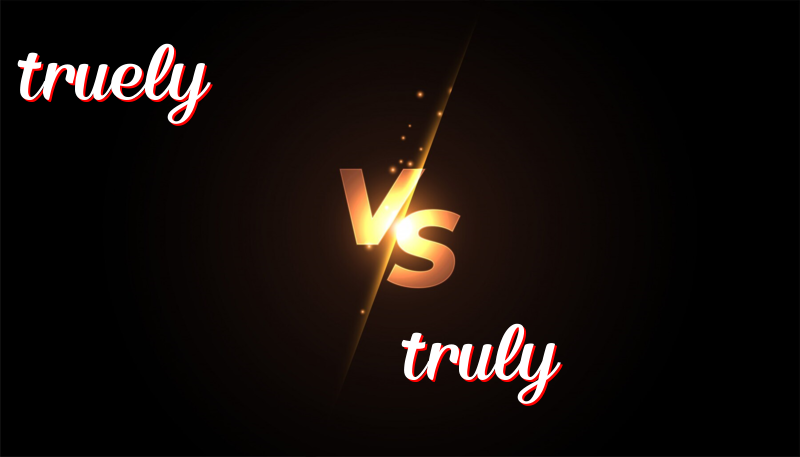Truely vs. Truly: Understanding the Difference
Truely vs. Truly: What’s the Difference?
Welcome to our guide on the difference between the words “Truely” and “Truly.” These two words might look similar, but they have distinct meanings and uses in the English language. Let’s explore!
History:
The word “Truly” has been used in English since early times, originating from Old English and Middle English. On the other hand, “Truely” is an outdated or incorrect spelling of “Truly” that has fallen out of use in modern English.
How to Use:
Truly:
Examples:
1. I truly believe in your abilities.
2. She is truly talented in playing the piano.
3. The movie was truly inspiring.
4. Their love for each other is truly genuine.
5. He truly apologized for his mistake.
Truely:
Examples:
1. (This word is rarely used in modern English.)
2. (There are no common usage examples for “Truely.”)
Trick to Remember the Difference:
Remember, the correct word is “Truly,” not “Truely.” Think of it this way: “Truly” (with one ‘e’) is the true spelling!
Summary:
In summary, “Truly” is the correct and commonly used term. “Truely” is not a standard spelling and should be avoided in modern English writing and communication. Remember to stick to “Truly” for accurate and effective communication.

Leave a Reply
You must be logged in to post a comment.